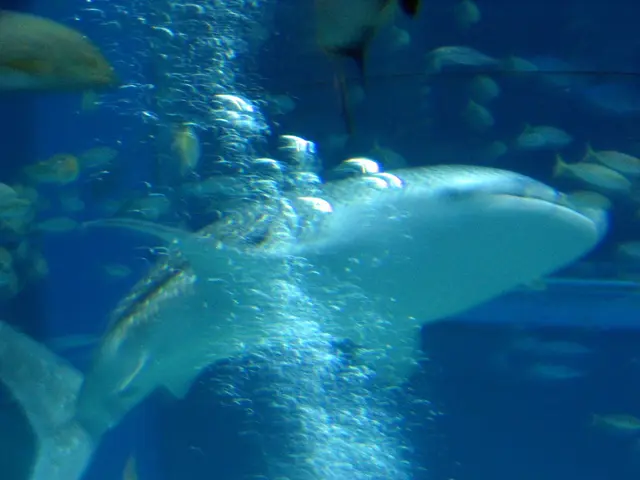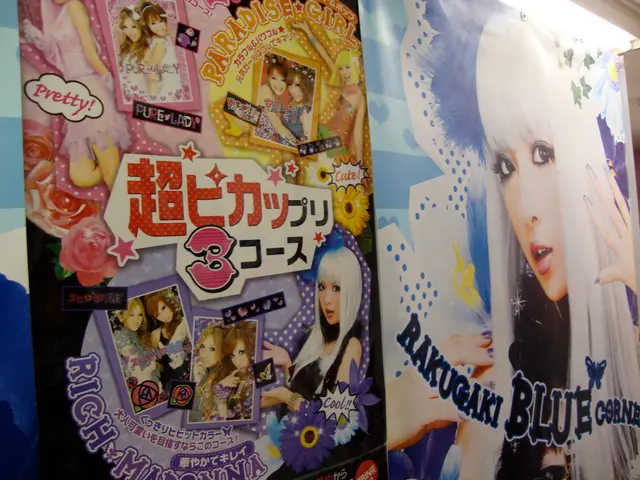Transformative Cultural Phenomenon Sculpting Europe: The Renaissance
The Renaissance, a golden age of humanism, art, and science, emerged from the Italian soil like a phoenix in the late 14th century. This monumental cultural movement, stretching until the 17th century, brought about an incredible transformation across art, science, literature, and human thought. The term "Renaissance" itself is a testament to this epoch, with its roots in the French term "rebirth," signifying a revival of classical knowledge and wisdom from ancient Greece and Rome. Here, we plunge deeper into the roots, evolution, colossal achievements, and the enduring impact of this period that left an indelible mark on Europe and the world.
Kicking off in cities like Florence, Venice, and Rome, this era of rebirth spared no expense nurturing creativity and intellectual pursuits. Several factors colluded to kickstart this cultural awakening. Firstly, the decline of feudalism reshaped social structures, and increased urbanization breathed new life into these culturally vibrant cities. The blossoming trade networks and growing contacts with the Islamic world reintroduced ancient texts and knowledge to Europe, igniting curiosity. The fall of Constantinople in 1453, for instance, led to numerous Greek scholars fleeing to Italy, bringing along a treasure trove of manuscripts and intellectual wealth.
The Renaissance blossomed under the patronage of families like the Medici, who fancied themselves as scholars and supporters of the arts. Artists and intellectuals flourished amidst this fertile ground, paving the way for the birth of some of the world's most celebrated artists like Leonardo da Vinci, Michelangelo, and Raphael. The scientific sphere was no different as pioneers such as Galileo and Copernicus broke barriers, pushing the limits of human understanding and reinventing the way we perceive the cosmos and universe.
Art during the Renaissance was a fusion of form and reason, with an unquenchable thirst for realism and humanism. Artists like Leonardo employed innovative techniques such as perspective and chiaroscuro to breathe life into their masterpieces, capturing human emotion and physicality with an unparalleled level of detail. Galileo, on the other hand, took his telescope to the heavens, uncovering celestial secrets hidden from the naked eye. His observations revolutionized the field of astronomy and challenged centuries-old beliefs.
The spread of humanist ideas was instrumental in fostering a sense of empowerment and creativity that reverberated across Europe. This philosophical movement championed the study of classical texts and championed the unique potential of every human being to achieve greatness through education. The invention of the printing press added fuel to this flame, making books accessible and ideas more readily shared. Education reforms followed, ushering in a new era of intellectual curiosity, critical thinking, and enlightenment.
The Renaissance's impact extended far beyond art and science. Politically, it catalyzed the rise of powerful city-states and monarchies, redefining the political landscape of Europe. Economically, innovations like the printing press democratized knowledge and improved the quality of life for countless Europeans. Culturally, the Renaissance broke traditional molds, giving birth to a new zeitgeist that celebrated the individual, encouraged free thought, and demanded intellectual inquiry.
The legacy of the Renaissance endures to this day, weaving its threads through modern Western thought and culture. The principles and achievements of this era laid the groundwork for many aspects of our modern world, shaping our attitudes towards education, personal development, and human rights. The Renaissance birthed a generation of titans who pushed the boundaries of human potential and intellectual pursuit, giving birth to a world powered by creativity, reason, and the indomitable spirit of the human mind.
- The scientific revolution during the Renaissance, spearheaded by pioneers like Galileo and Copernicus, was not confined to dismantling ancient beliefs in the cosmos but also extended into the realm of education and self-development, fostering critical thinking and intellectual inquiry.
- The Renaissance, with its emphasis on art, science, education-and-self-development, marked a seminal period in human history, not only unleashing creativity but also sowing the seeds of modern Western thought, instilling values such as individualism, free thought, and lifelong learning.








